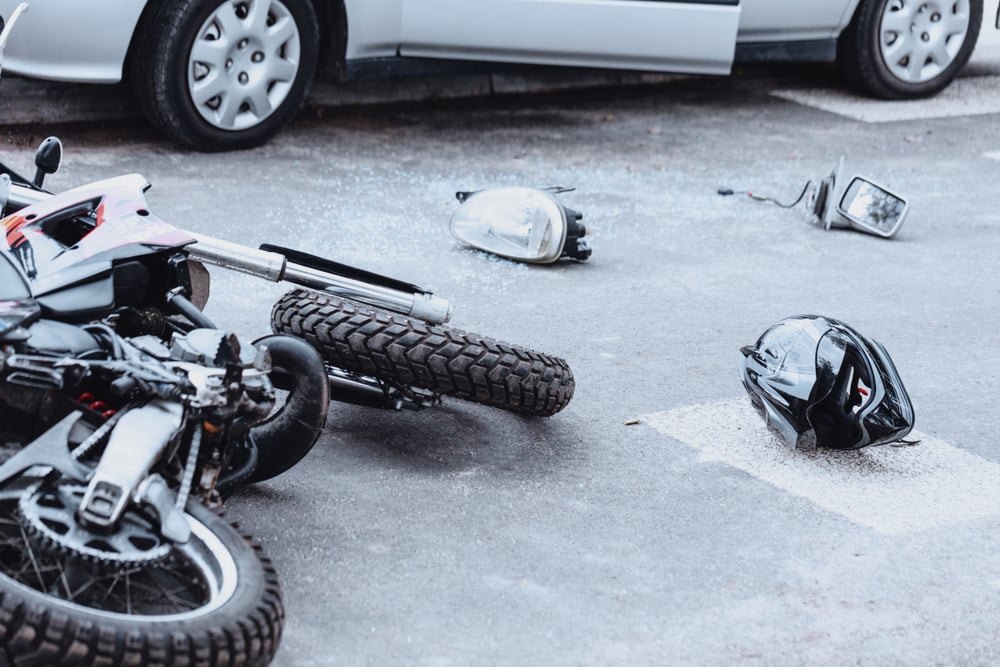
Motorcycle accidents in San Diego often result in serious ...
read more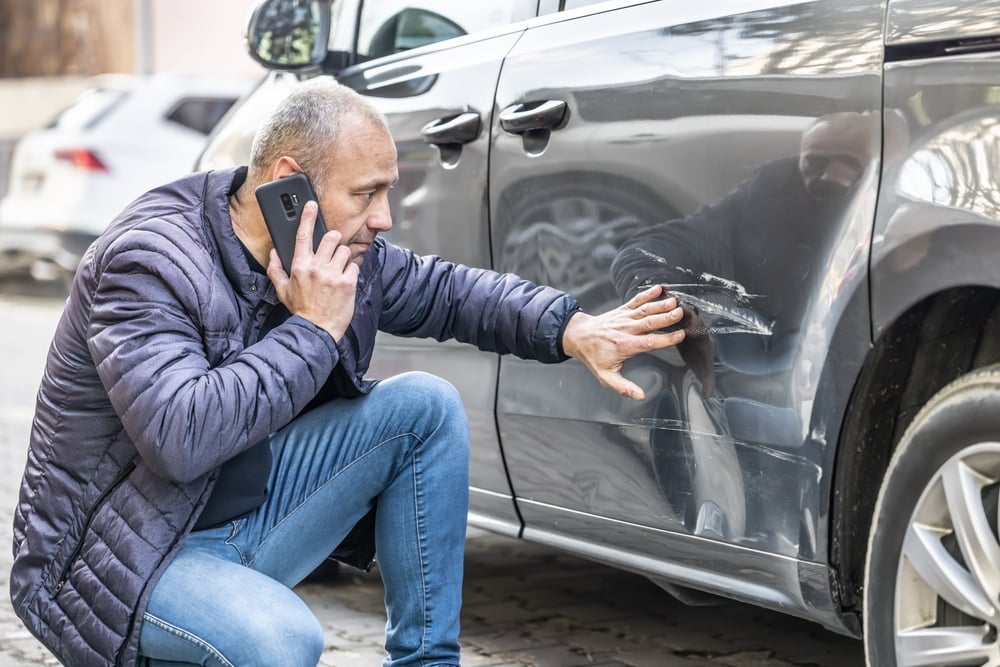
Yes, it can be. In California, not reporting a car acciden...
read more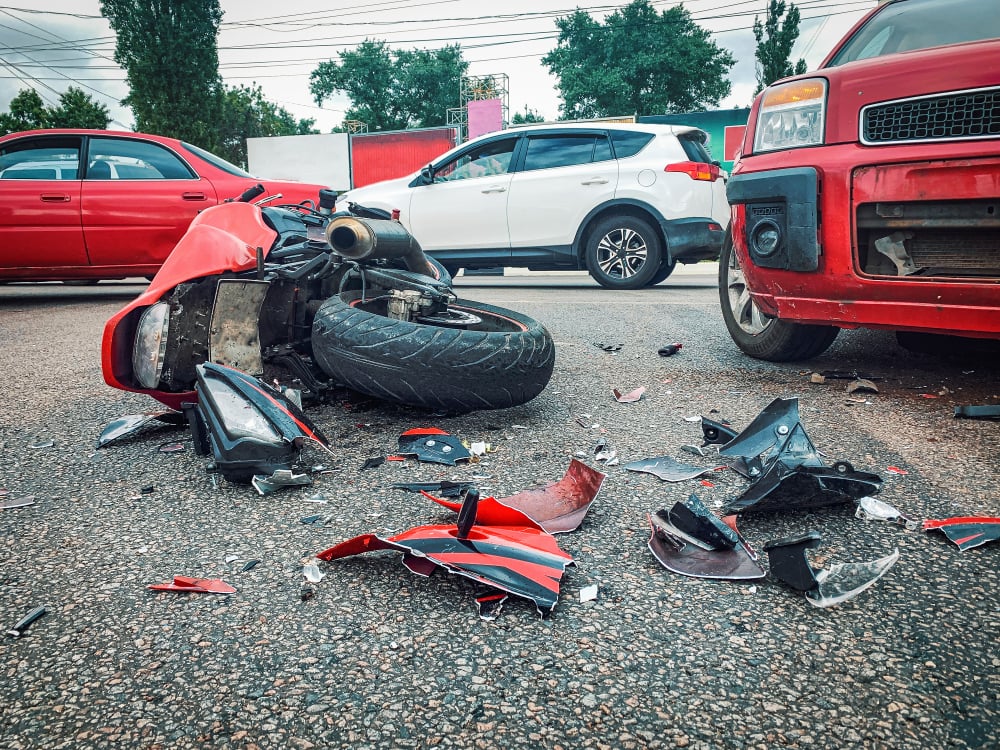
Motorcycle accidents in San Diego can instantly turn lives...
read more
Being involved in a car accident can be stressful, painful...
read more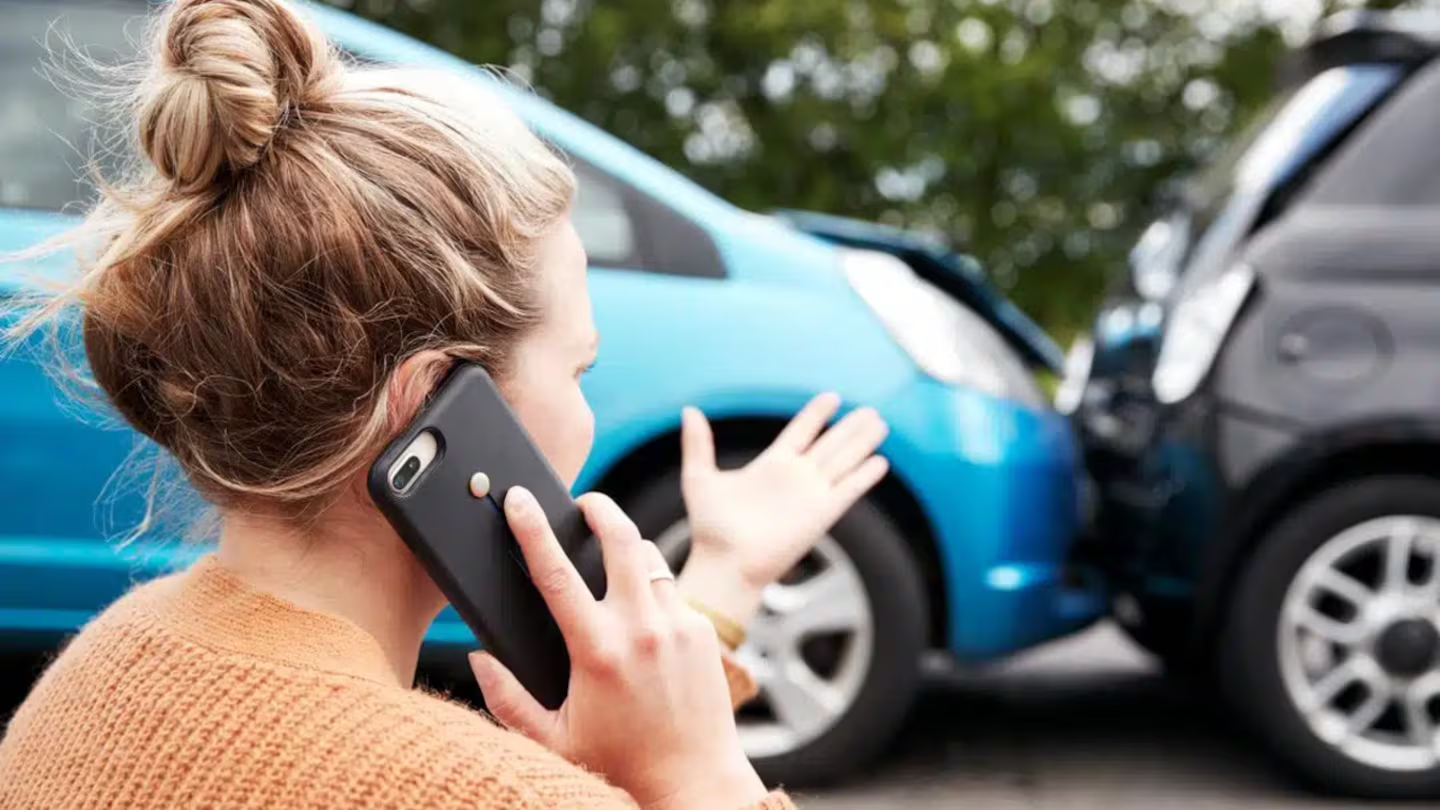
Imagine you were in a car accident in NYC, and that wasn�...
read more
After a car accident, you may begin experiencing neurologi...
read more
A T-bone accident is a serious type of car crash that happ...
read more
Wondering who is responsible for road debris damage after ...
read more
When someone is hurt in a serious accident, they often wan...
read more
Dealing with a personal injury after an accident brings ma...
read more
Determining liability in a personal injury claim depends o...
read more
Yes, you can sue a school for a bus accident due to the sc...
read more
Amusement parks, theme parks, carnivals, and water parks a...
read more
Jackson Township, NJ – Fourteen people were injured on ...
read more
Over the last decade, San Jose has consistently ranked as ...
read more
Back to School Safety Tips for Drivers: Congestion during ...
read more
Bicycle accidents can cause a wide range of injuries, from...
read more
A helmet camera is a small camera that's mounted on helmet...
read more
Bicycle safety in New York is a serious matter, particular...
read more
Bicycling is a popular mode of transportation, exercise, a...
read more
Cycling is an increasingly popular activity in California,...
read more
As parents, we always strive to keep our children safe and...
read more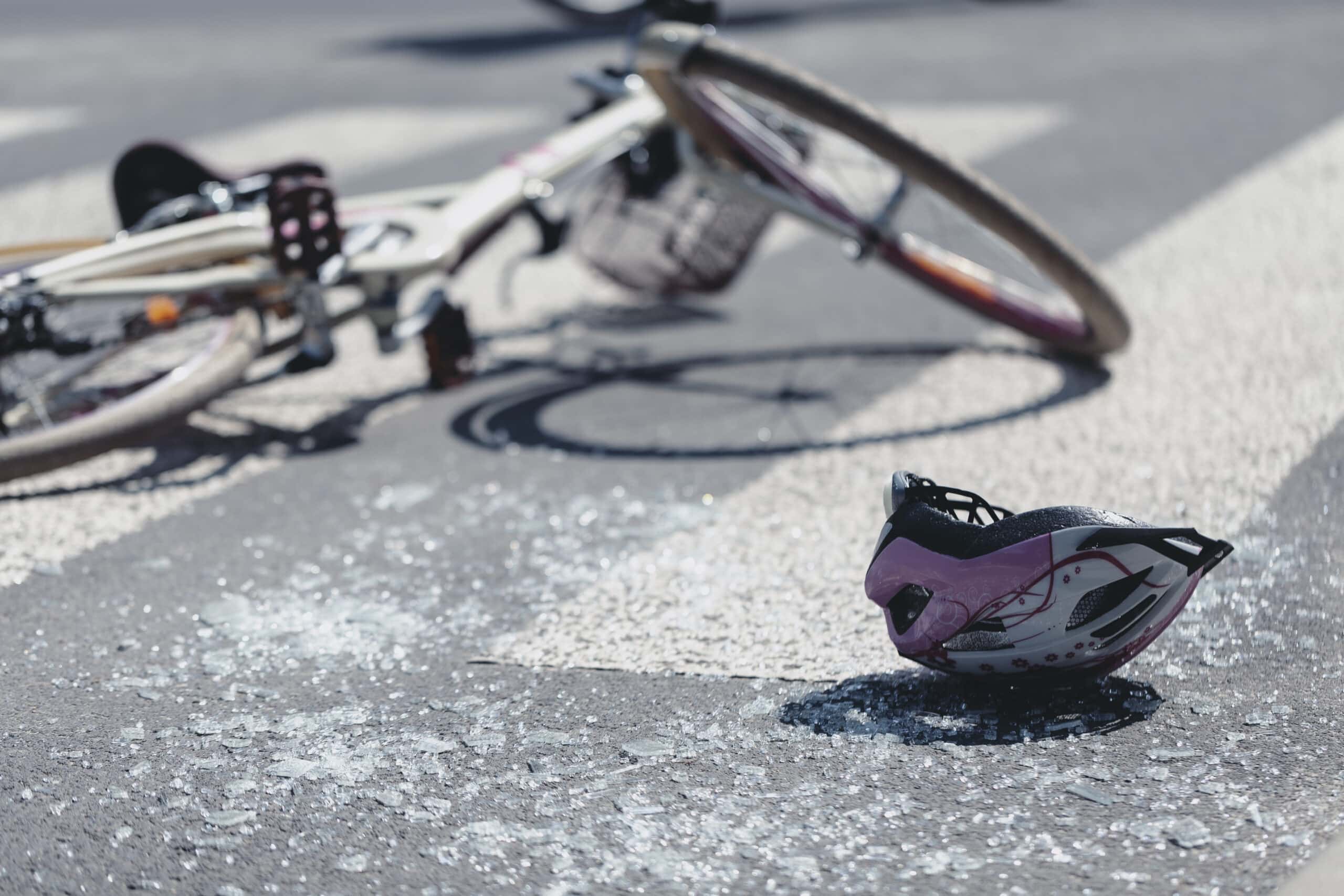
Bicycling is an increasingly popular mode of transportatio...
read more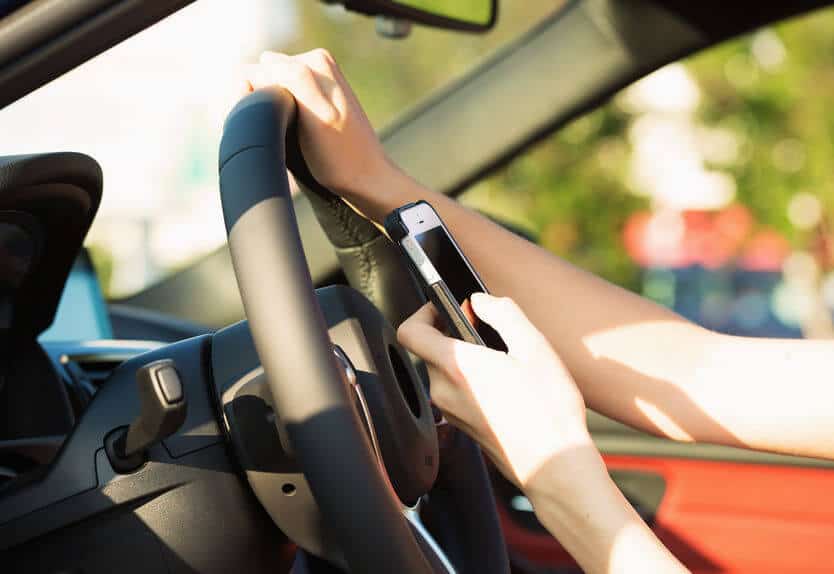
Distracted driving is a serious, and potentially fatal, is...
read more
Reckless driving is defined as driving a vehicle with disr...
read more
Nothing can ruin a person’s day like being involved in a...
read more
California’s iconic coastline and abundance of beautiful...
read more
As the summer sun begins to shine down on Long Island, tho...
read more
Long Island is a hotspot for New York State boaters. From ...
read more
Dangerous Boating Trends and Why You Should Avoid Them Th...
read more
Boating can be a fun and exhilarating way to spend time wi...
read more
Swimming pools are the ultimate source of fun and relaxati...
read more
Yes, you can sue a school for a bus accident due to the sc...
read more
Each day, millions of children ride buses to school. Schoo...
read more
Back to School Safety Tips for Drivers: Congestion during ...
read more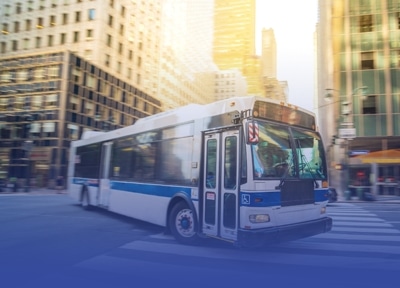
Niagara Frontier Transportation Authority (NFTA) is a wide...
read more
Distracted driving is a serious, and potentially fatal, is...
read more
Reckless driving is defined as driving a vehicle with disr...
read more
Nothing can ruin a person’s day like being involved in a...
read more
If you’ve ever been in a car accident as a result of som...
read more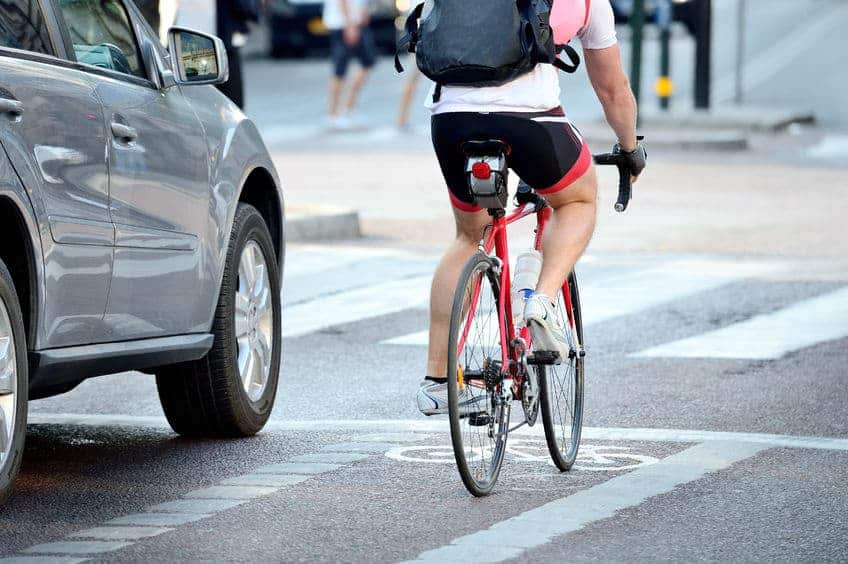
Riding your bike as a means of transportation has grown in...
read more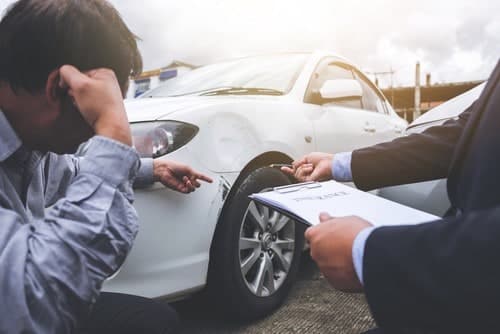
After any car accident, it’s usually clear who the at-fa...
read more
Distracted driving took the lives of nearly 2,900 people...
read more
New York State Police are investigating a rollover crash i...
read more
Yes, it can be. In California, not reporting a car acciden...
read more
Being involved in a car accident can be stressful, painful...
read more
Imagine you were in a car accident in NYC, and that wasn�...
read more
After a car accident, you may begin experiencing neurologi...
read more
A T-bone accident is a serious type of car crash that happ...
read more
Wondering who is responsible for road debris damage after ...
read more
Being involved in a car accident can be overwhelming, but ...
read more
When a car accident claim exceeds insurance limits, the in...
read more
Delayed stomach pain after a car accident can indicate sev...
read more
A concussion from a car accident is a form of traumatic br...
read more
Being involved in a car accident is overwhelming, and one ...
read more
If you are driving in California and wondering if you hit ...
read more
The National Safety Council estimates that 954 people fata...
read more
The different types of construction workers play a crucial...
read more
With over 925,000 laborers currently employed in Californi...
read more
Construction Accident Lawsuit Depending on the severity o...
read more
In every state except Texas, state laws require employers ...
read more
In recent years, one-fifth of job fatalities happened in t...
read more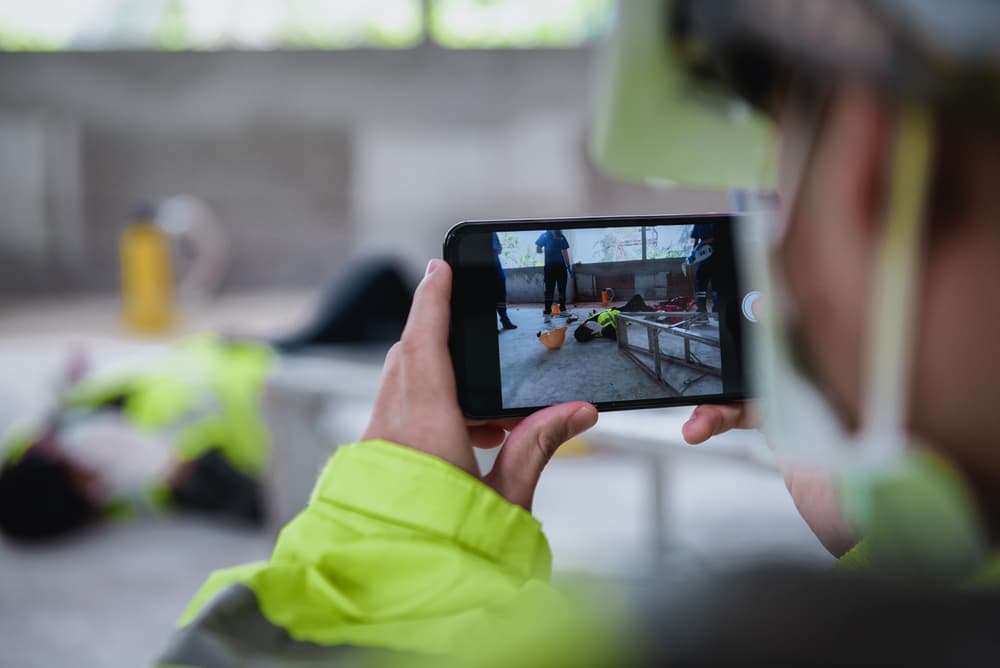
Construction site accidents can be devastating, resulting ...
read more
Number One Cause of Eye Injuries for Construction Workers ...
read more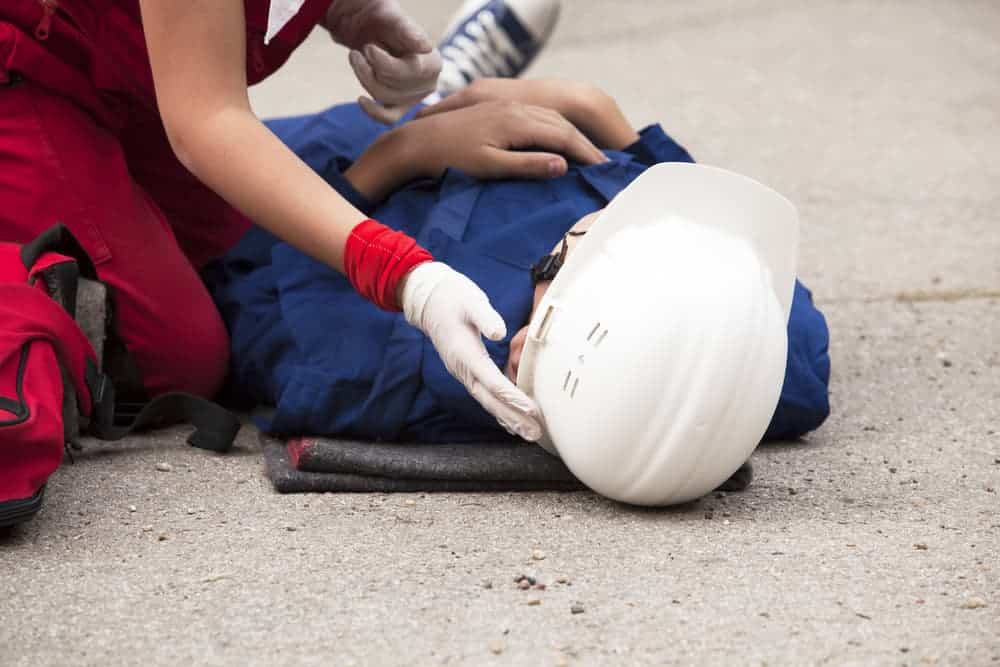
Construction sites pose a significant hazard to workers an...
read more
Many construction accidents result in severe injuries that...
read more
Any flaw in a building project may be considered a constru...
read more
Construction site workers are at risk of accidents, mainly...
read more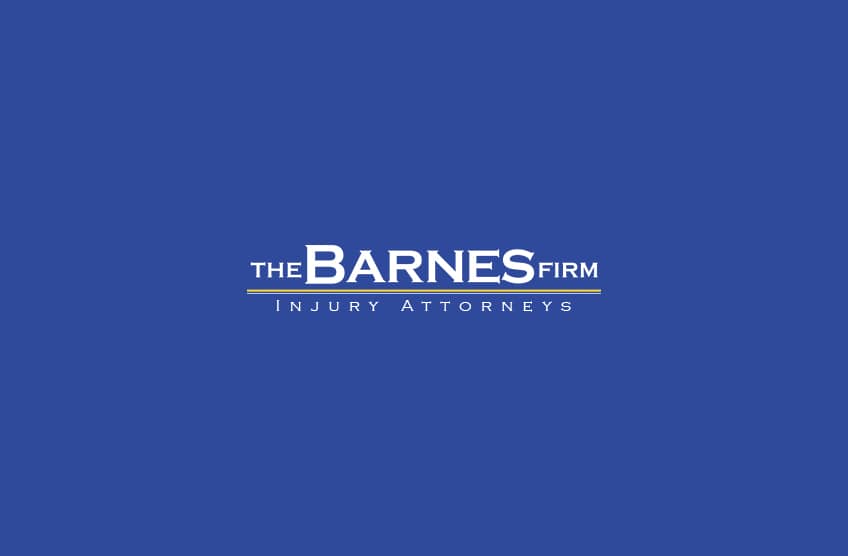
About 6,500 Wemfg Children’s Multi-Purpose Bike Helmet...
read more
Fisher-Price announced that is was recalling more than 3...
read more
Fisher-Price announced that is was recalling more than 2...
read more
Dog bites can lead to significant physical and emotional t...
read more
California dog bite settlements, what is the average settl...
read more
As the sun shines brighter than ever and temperatures rise...
read more
According to the U.S. Centers for Disease and Control, mor...
read more
A parent’s top priority is always the safety and well-be...
read more
Across the United States, millions of packages and food or...
read more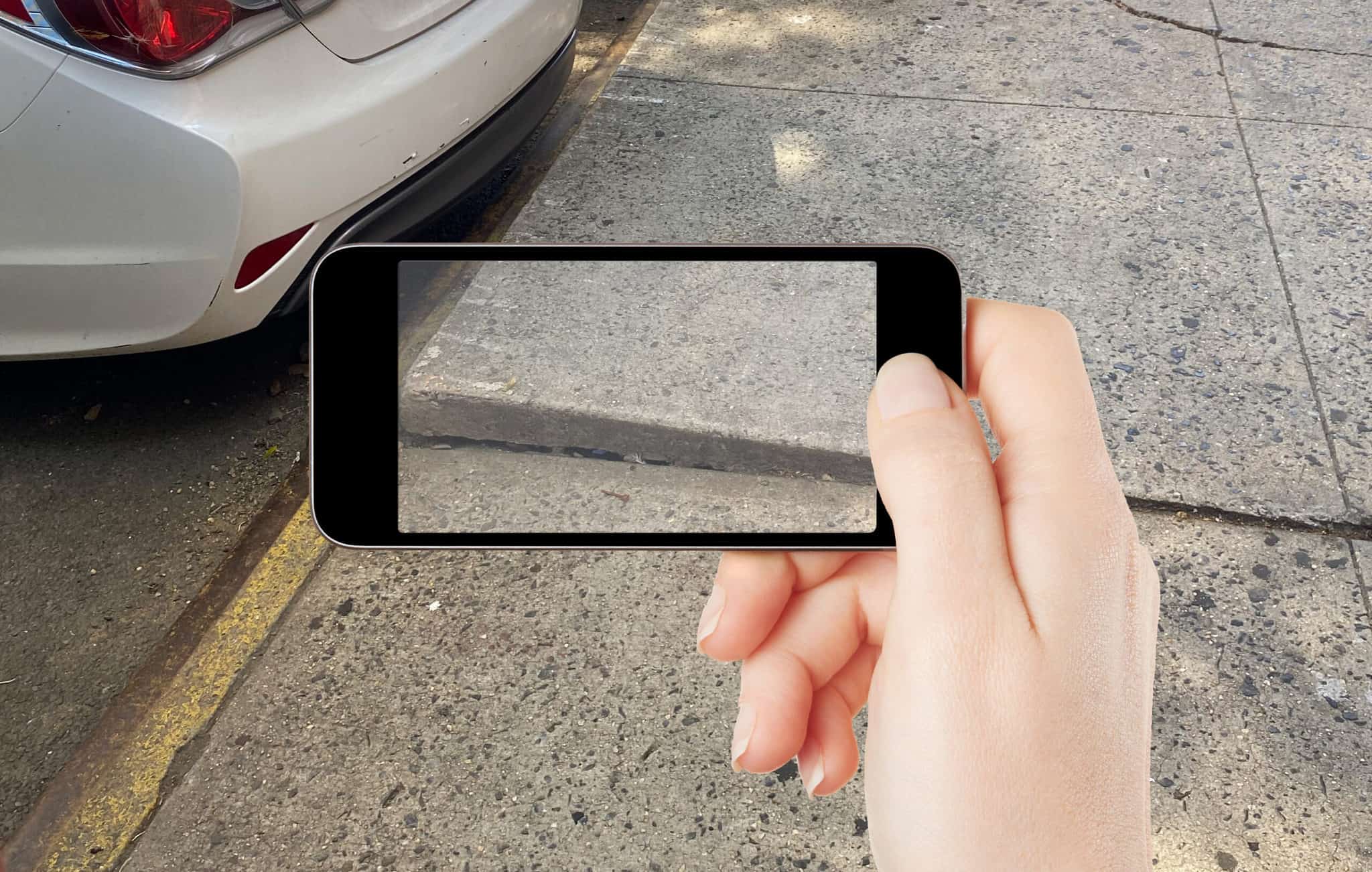
New York City is known for its stunning skyline, eclectic ...
read more
There have been multiple recalls of eye drops in 2023, r...
read more
If you have been involved in an accident, understanding th...
read more
Sunscreen is one of the most effective and popular ways to...
read more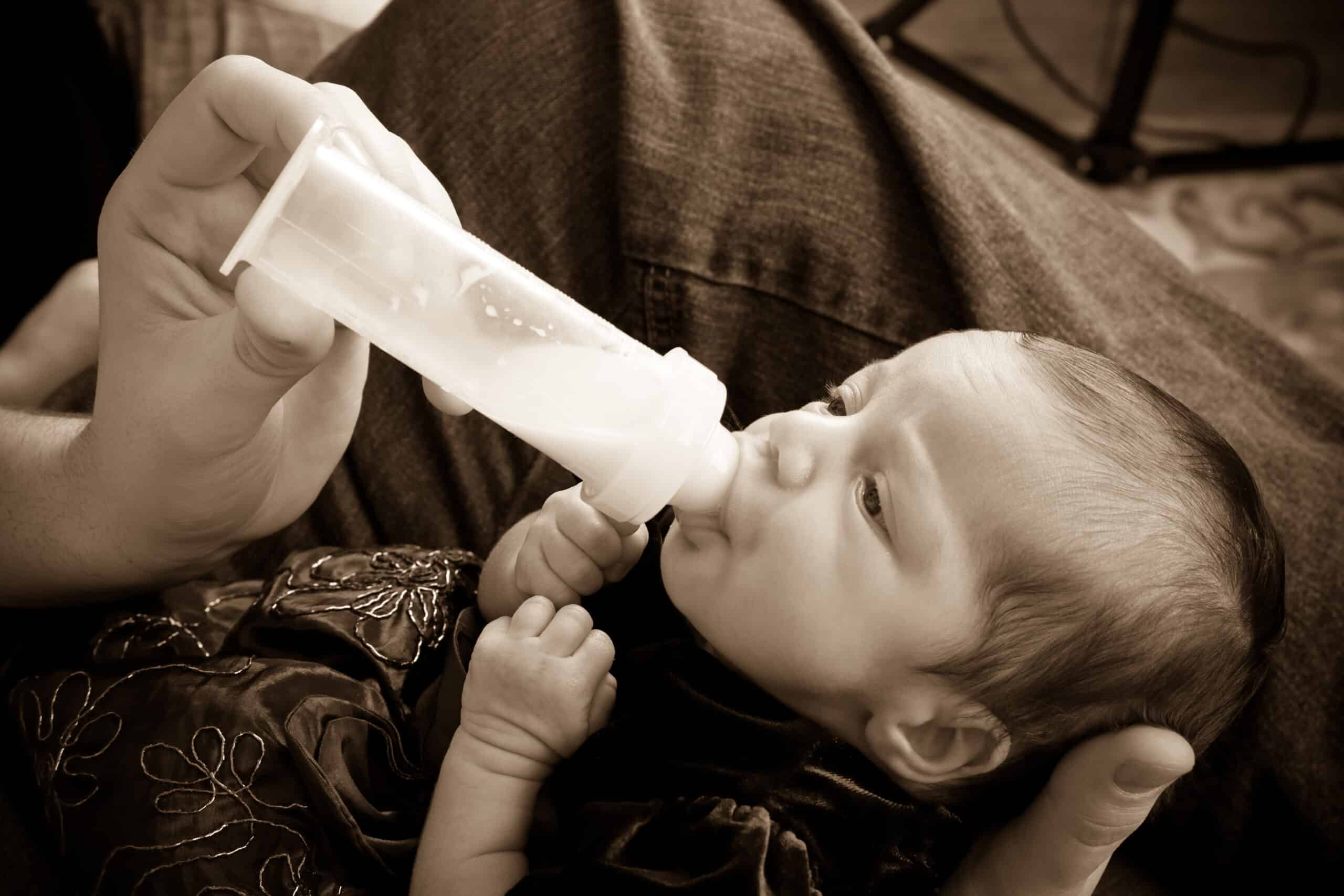
It had been speculated, and is now proven, that various Si...
read more
Exactech Replacement lawsuits aim to get financial compens...
read more
What to Do After a Defective Product Injury Defective prod...
read more
On the morning of January 9, 2022, a fire broke out in a B...
read more
Philips Respironics recalled millions of CPAP machines bec...
read more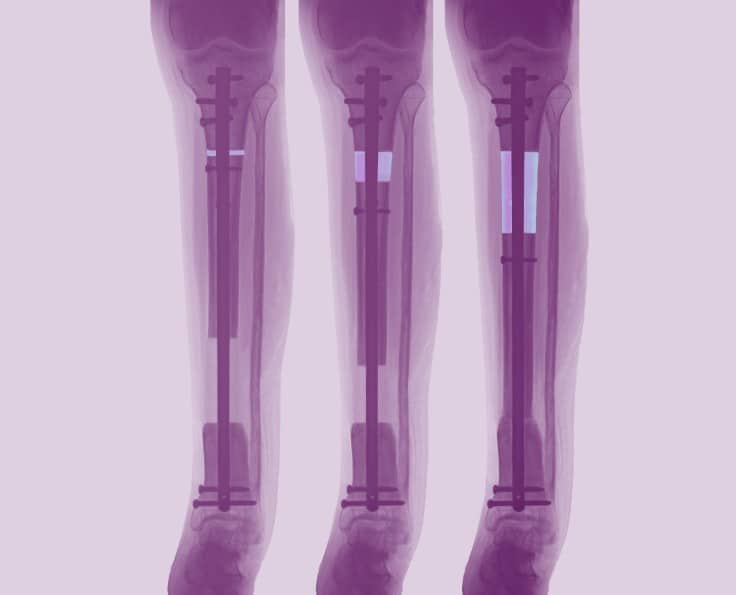
NuVasive, a medical device manufacturer, has announced a v...
read more
Having a baby is one of the most important moments in a pe...
read more
Types of Defective Product Claims Some of the things we r...
read more
Ceiling Fan Recall Over 190,000 ceiling fans are under a ...
read more
Tailgating driving occurs when a car maintains too small o...
read more
After any accident, most victims initially seek compensati...
read more
Blind spot monitors are warning systems intended to detect...
read more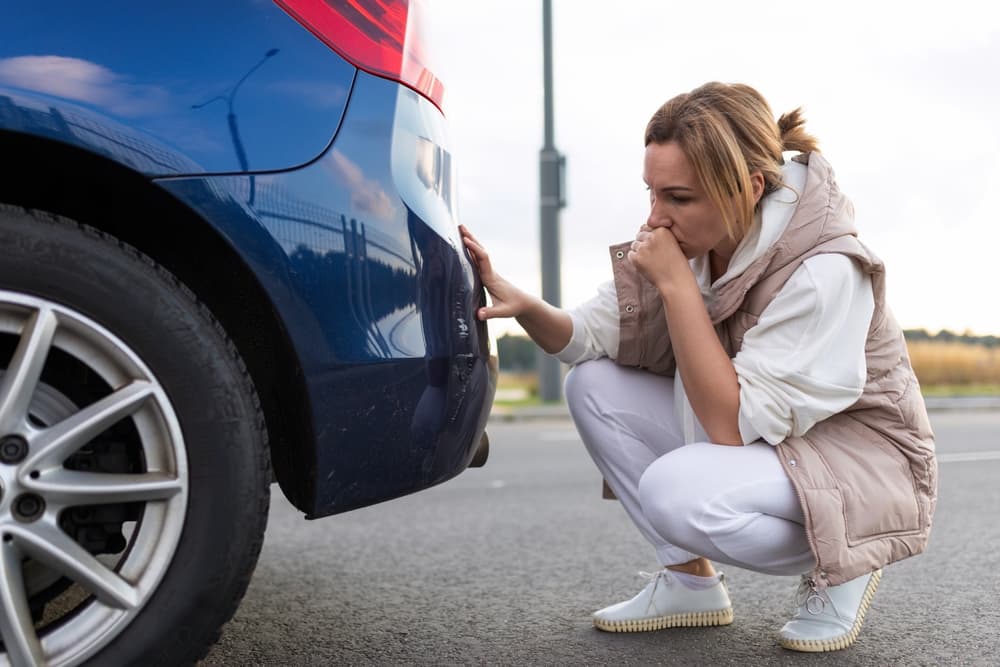
Hit and run accidents occur when a negligent motorist caus...
read more
California is home to the second-most road miles in the co...
read more
As one of the country’s premier destinations, San Franci...
read more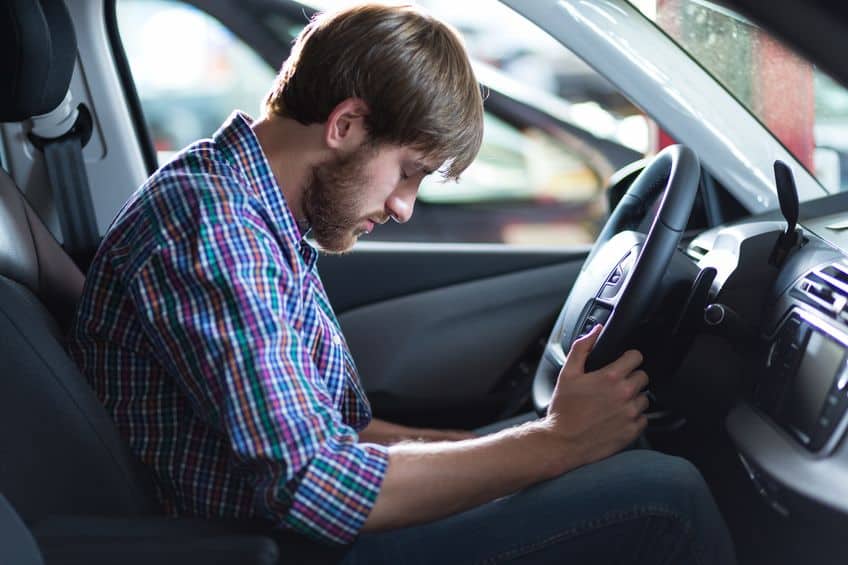
In 2021, recreational use of marijuana/cannabis was legali...
read more
Driving at night is far more hazardous than driving during...
read more
Summer is a time of freedom, fun, and adventure for many t...
read more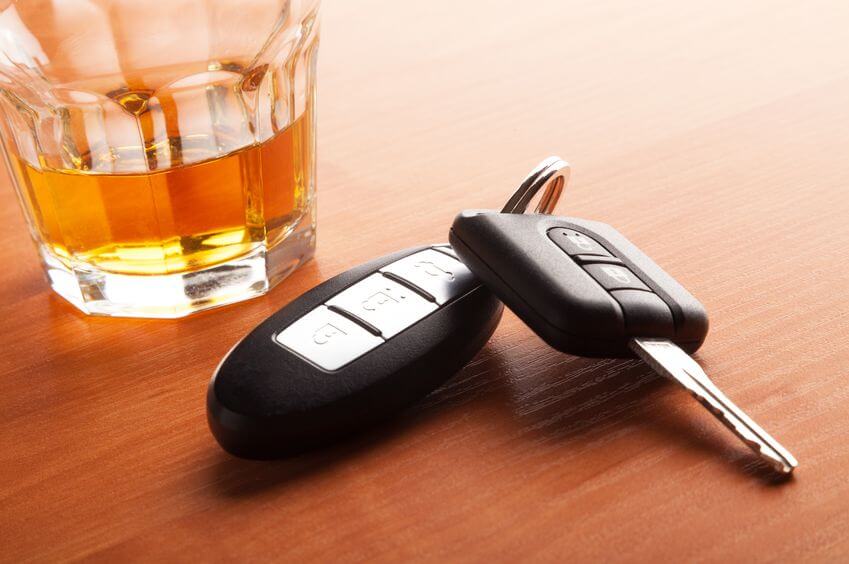
Being involved in a car accident can be a traumatic experi...
read more
Distracted driving is a serious, and potentially fatal, is...
read more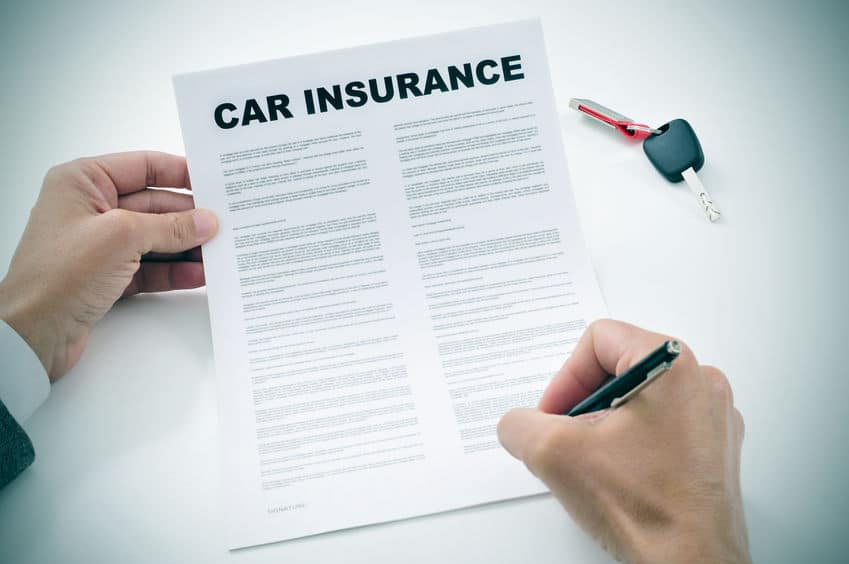
Being involved in a motor vehicle accident can be a stress...
read more
Motorcycle accidents in San Diego often result in serious ...
read more
Motorcycle accidents in San Diego can instantly turn lives...
read more
San Diego’s scenic roads and sunshine make it a paradise...
read more
To answer the question"What percentage of motorcycle rider...
read more
In New York City, lane splitting—riding a motorcycle bet...
read more
Collisions caused by drivers not noticing motorcycles in t...
read more
Motorcycle crashes are all too frequent in Los Angeles, a ...
read more
Motorcycle group riding in Buffalo, New York, involves a c...
read more
Precautions by a Driver When Traveling Near a Motorcycle ...
read more
Sustaining an injury in a motorcycle accident is a source ...
read more
California is the only state that allows lane splitting. L...
read more
In order to get a motorcycle license in California, minors...
read more
If you are driving in California and wondering if you hit ...
read more
Jaywalking is now largely decriminalized in California und...
read more
Average Payout for a Pedestrian Hit By Car in California? ...
read more
An unmarked crosswalk is a pedestrian crossing line withou...
read more
In recent years, pedestrian accidents are a serious issue ...
read more
Back to School Safety Tips for Drivers: Congestion during ...
read more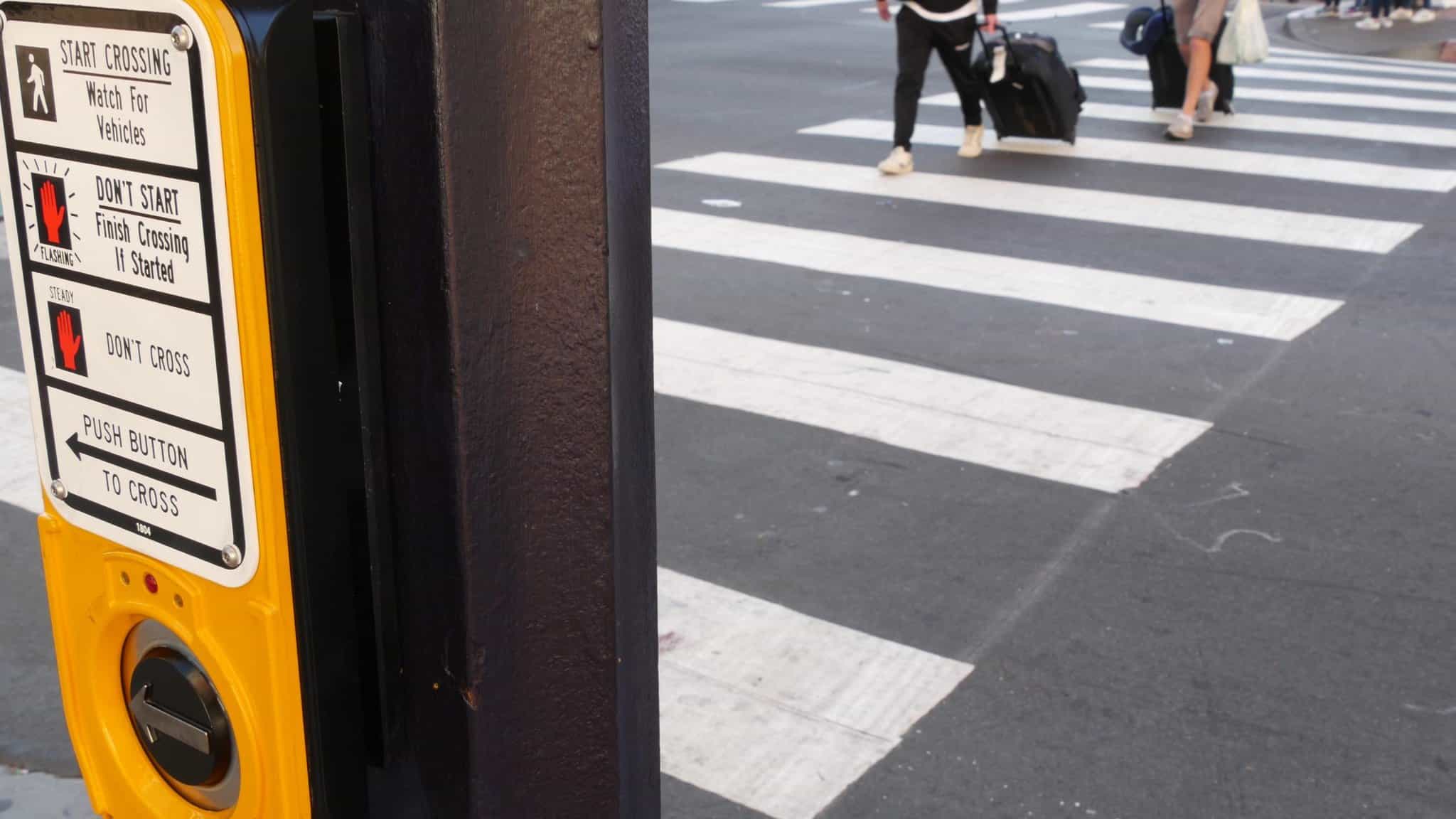
Walking is an excellent way to stay healthy, reduce your c...
read more
Thousands of consumer lives are put at risk when a manufac...
read more
According to the National Highway Traffic Safety Administr...
read more
Halloween trick-or-treating is one of the ways for familie...
read more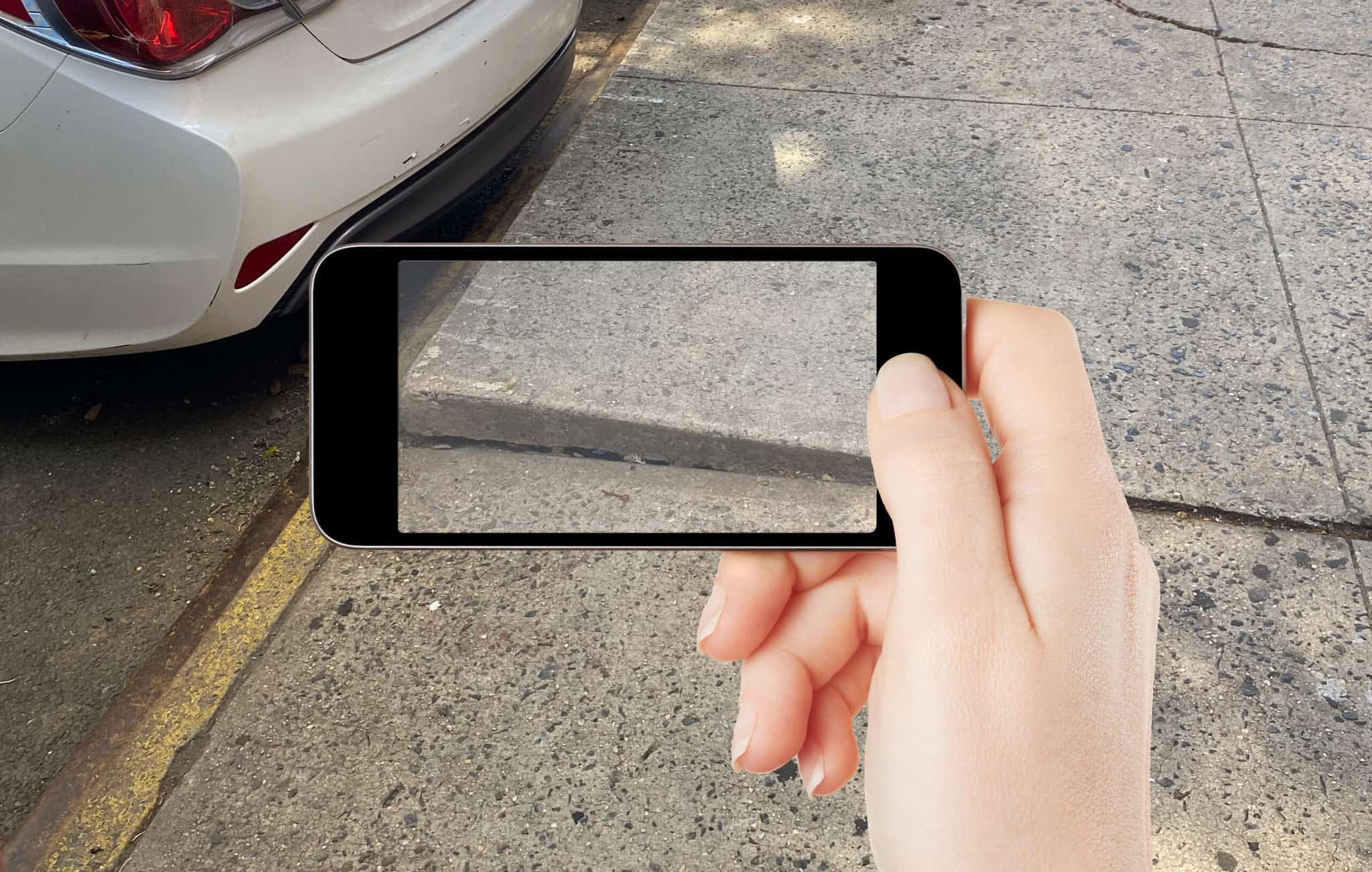
In the United States, there are approximately 56.6 million...
read more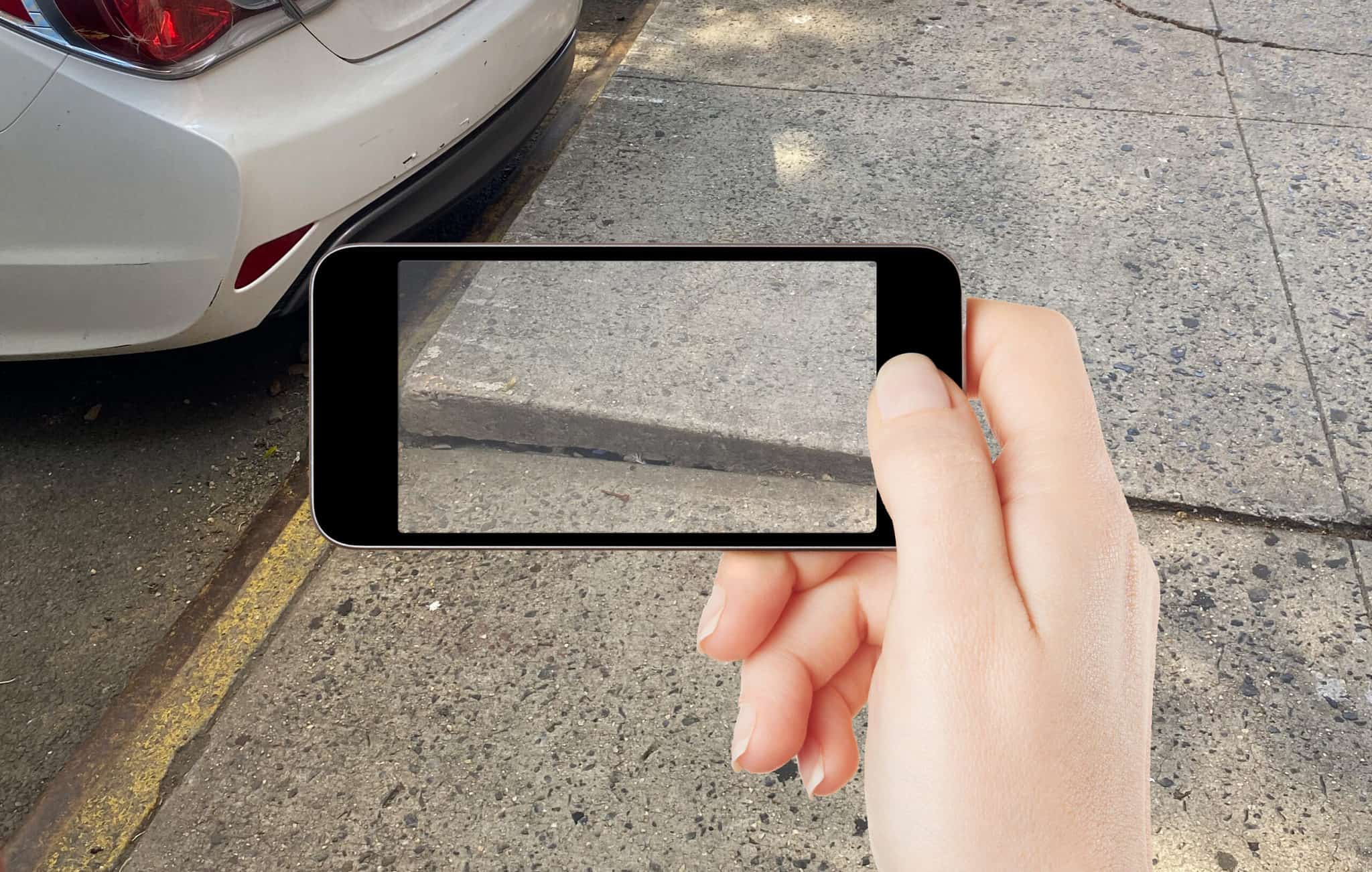
The broken and cracked sidewalks that line our cities are ...
read more
When someone is hurt in a serious accident, they often wan...
read more
Dealing with a personal injury after an accident brings ma...
read more
Determining liability in a personal injury claim depends o...
read more
When you suffer a personal injury due to someone else's ne...
read more
In a personal injury lawsuit, there is often a discussion ...
read more
If you are dealing with a personal injury claim, you need ...
read more
Special damages are the amount of compensation awarded in ...
read more
When it comes to legal matters, understanding the statute ...
read more
When a lawsuit is settled, most settlement agreements cont...
read more
About 6,500 Wemfg Children’s Multi-Purpose Bike Helmet...
read more
Fisher-Price announced that is was recalling more than 3...
read more
Dining out is typically a pleasant experience, but what sh...
read more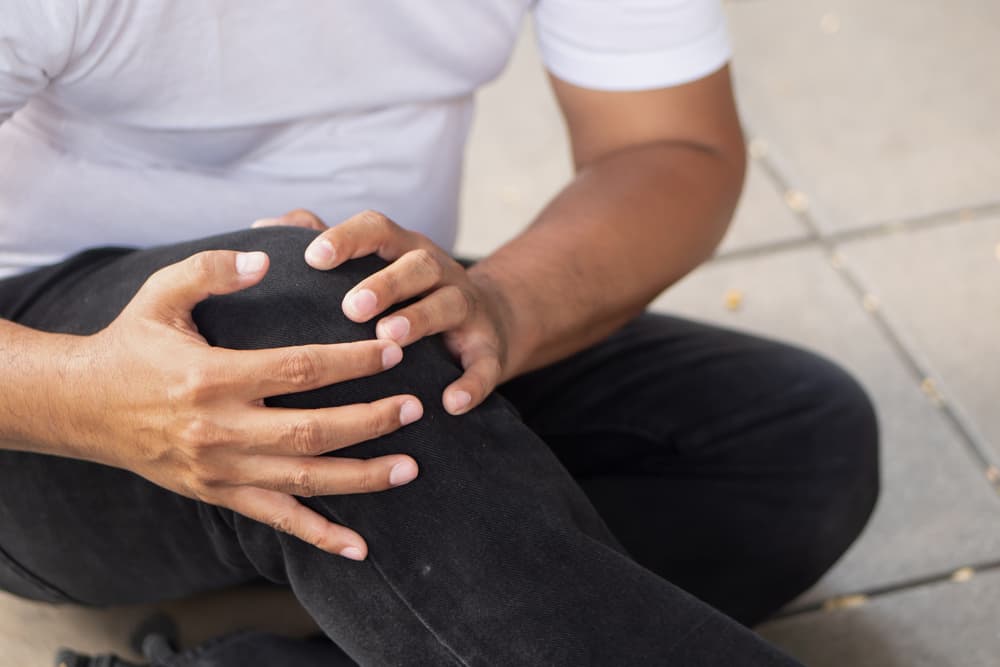
If you’ve sustained a knee injury in a slip and fall acc...
read more
If you were injured in a slip and fall accident, it may ha...
read more
When we think about slip and fall scenarios, most of us im...
read more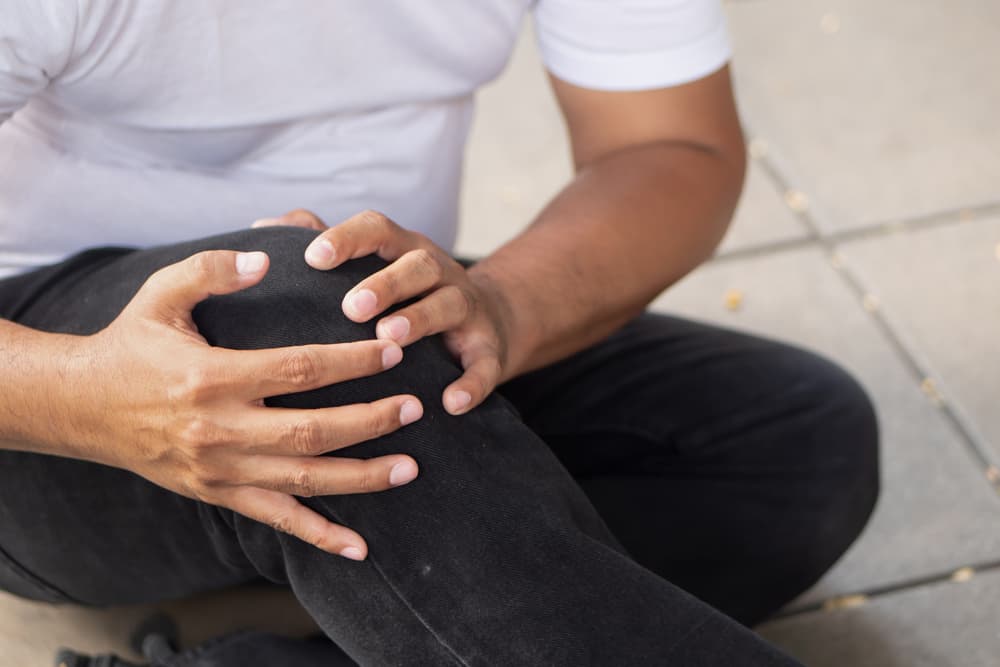
Whether it's a misstep on a slick sidewalk or an unexpecte...
read more
Slip, trip and fall accidents in Rochester can occur witho...
read more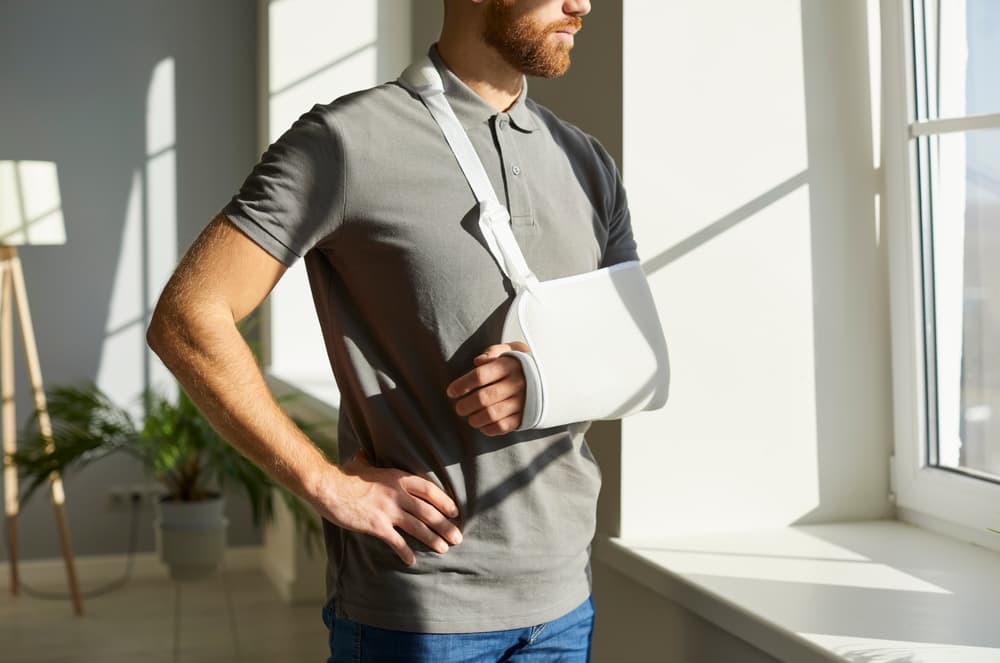
On average, a slip and fall settlement claim can take 5-7 ...
read more
Suppose you’ve sustained an injury in a slip-and-fall ac...
read more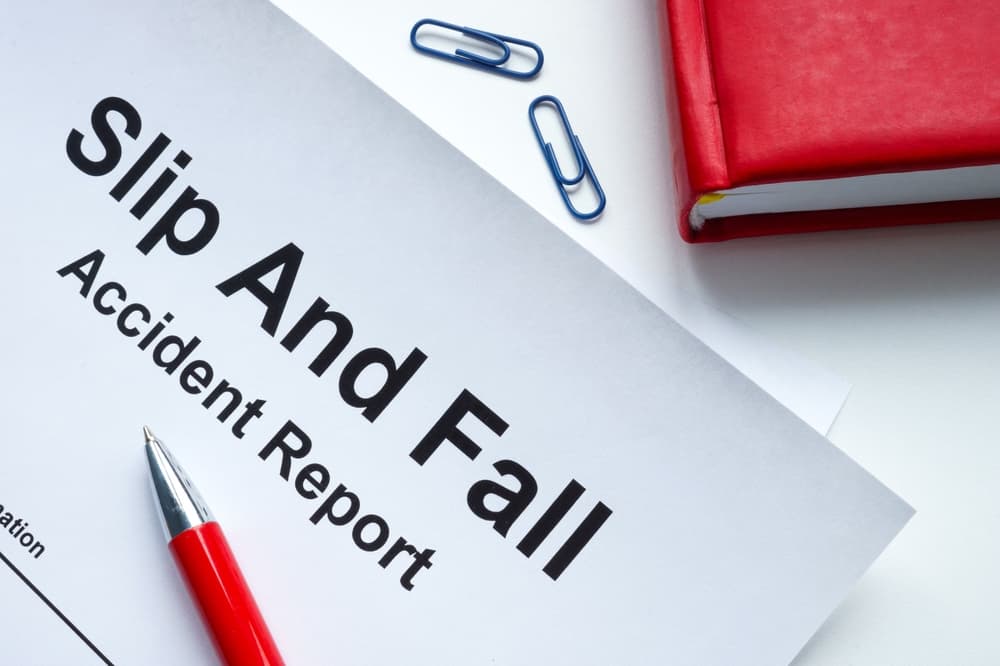
When you’re involved in a slip-and-fall accident, the fi...
read more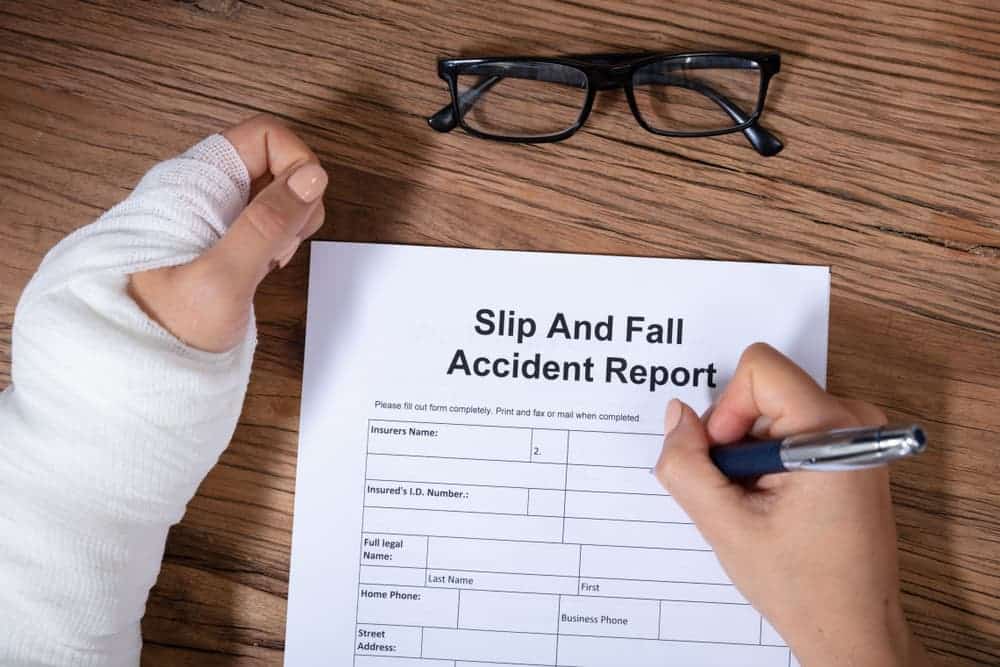
Most slip-and-fall accidents occur at home or work. If you...
read more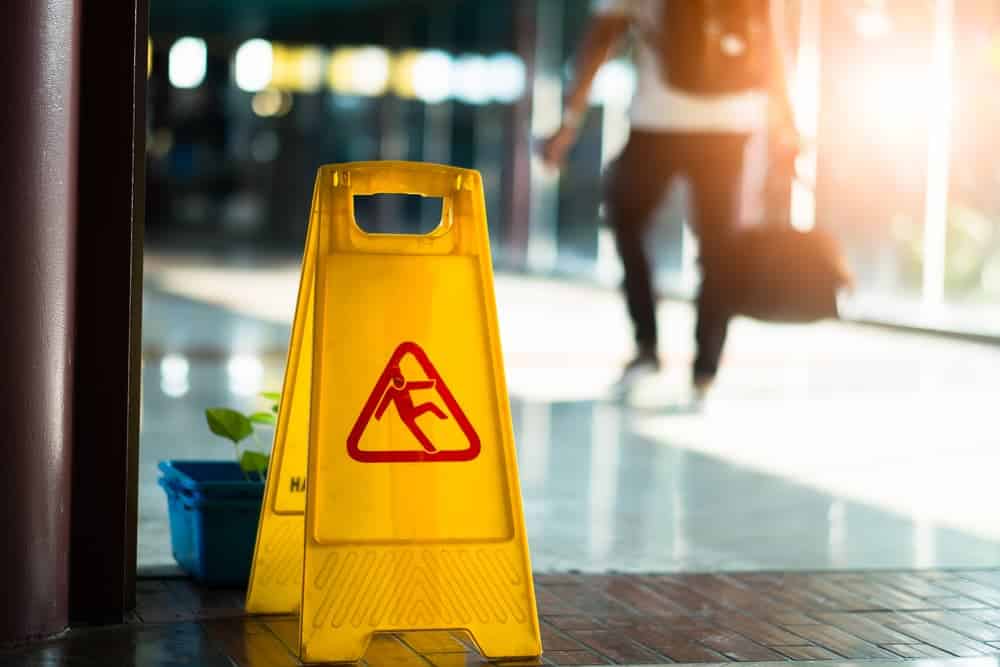
In 2021, 44,686 people died due to slip-and-fall accidents...
read more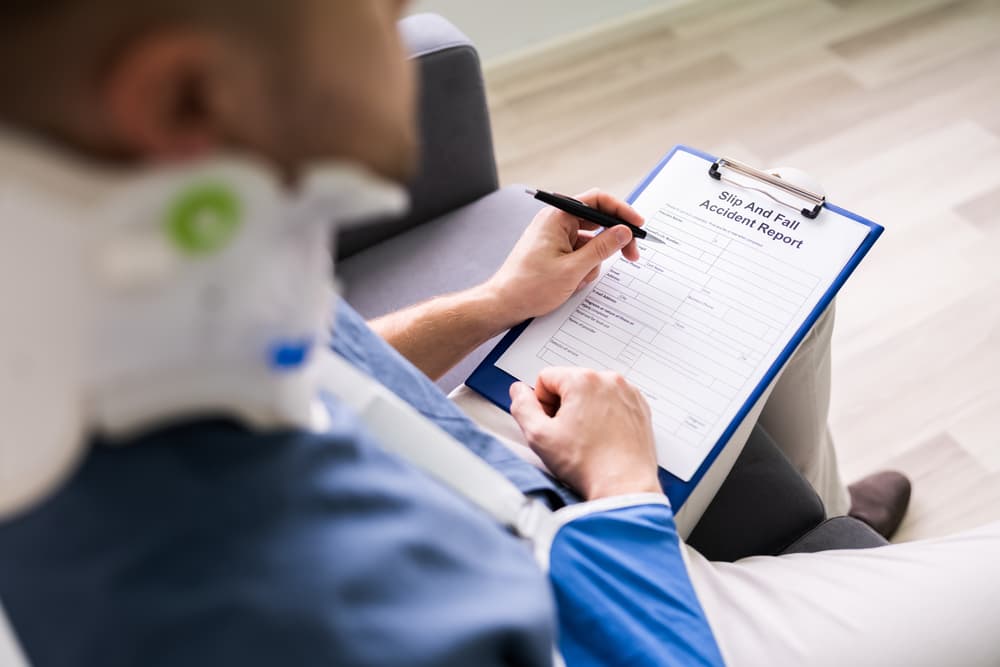
According to the CDC, 3 million people are treated in the ...
read more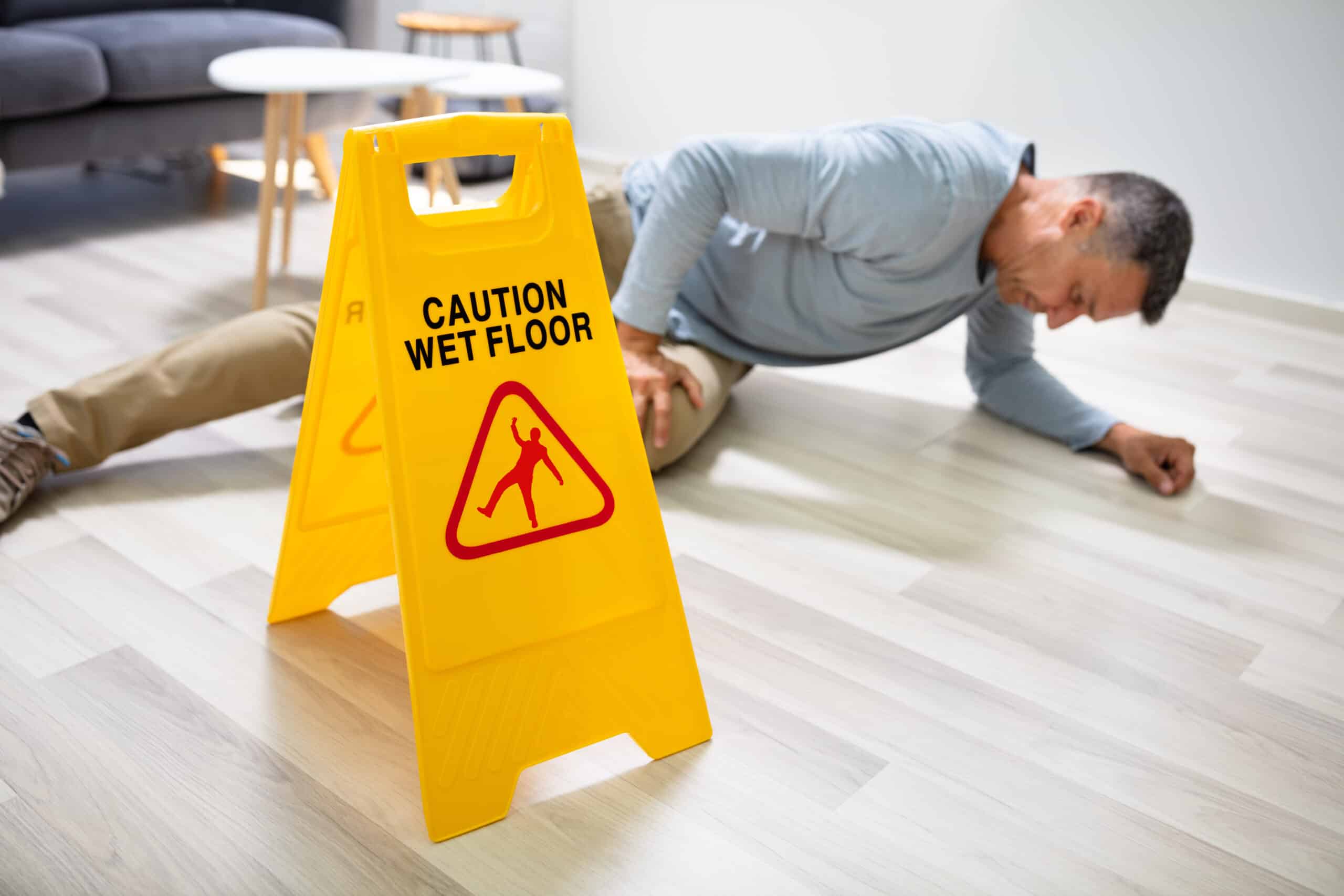
Slip and fall accidents are a leading cause of hospitaliza...
read more
When driving near large trucks in Buffalo, NY, safety is p...
read more
When you drive through Los Angeles, you might see someone ...
read more
The MCS-90 is an important part of almost any commercial t...
read more
Truck accidents are among the most common collisions on Ca...
read more
Improper cargo loading can lead to dangerous truck acciden...
read more
When you or a loved one faces a legal issue in California,...
read more
In California, commercial trucks need to carry specific ty...
read more
Getting into a truck accident can turn your life upside do...
read more
No Trucks Left Lane Laws: New York's roads are bustling wi...
read more
Truck driver logs serve as critical documentation of a dri...
read more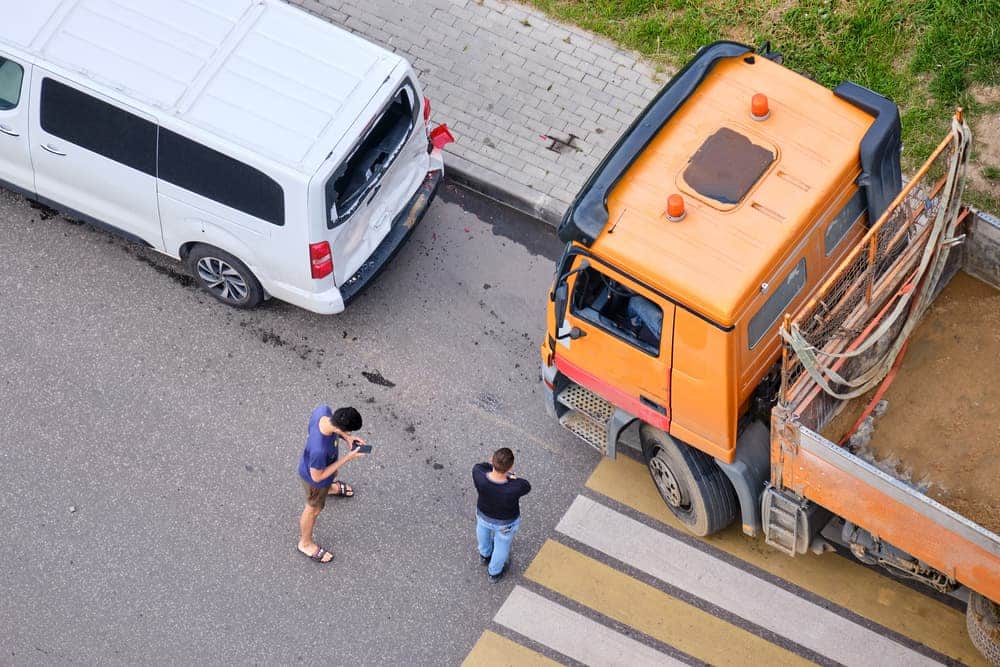
What is the Average Truck Accident Settlements and Verdict...
read more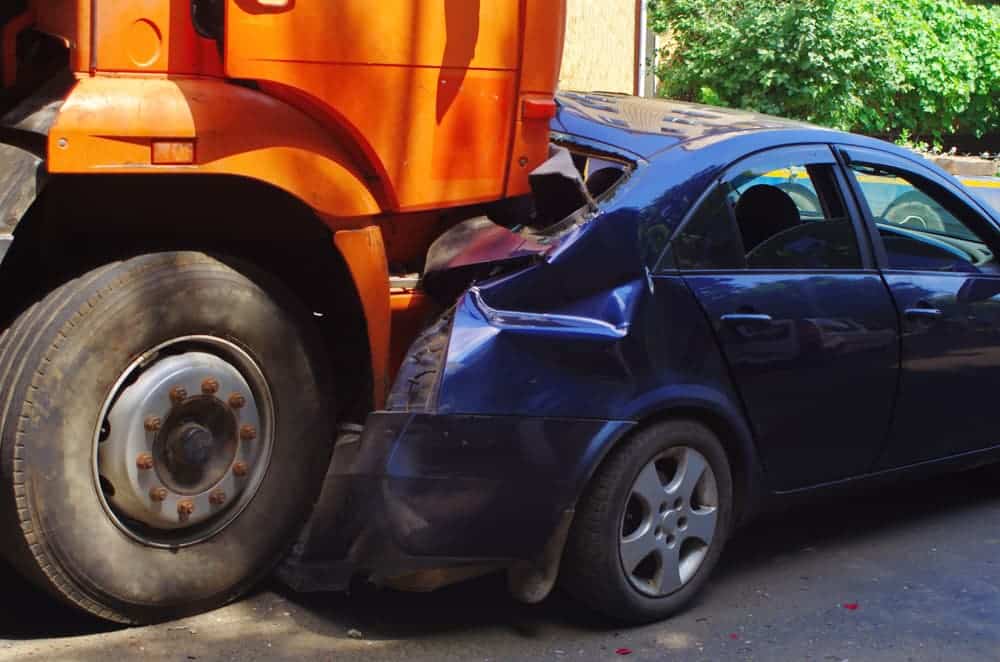
Truck accidents often have substantial consequences, resul...
read more
Forklift incidents are unfortunately frequent in industria...
read more
Truck accidents often have substantial consequences, resul...
read more
After someone else causes you injuries, their insurance sh...
read more
Privacy Policy Effective date: February 28, 2023 The B...
read more
For many families, their family physician is trusted almos...
read more
The Barnes Firm is proud to announce its renewed commitmen...
read more
About Our Commitment To "Shelter To Soldier" Dynamic ...
read more
When you visit your local doctor or the hospital, you expe...
read moreWe are always available to discuss your case. Give us a call at (800) 800-0000.
Fill out our form and we will contact you shortly to discuss your case
Our attorneys will come to your home, office or hospital at your convenience.
We are available anytime, including after hours and
weekends.
420 Lexington Avenue
Suite #2140
New York, NY 10170
Phone: (800) 800-0000
Fax: +1 (800) 853-5153
600 Old Country Road
Suite #425
Garden City, NY 11530
Phone: (800) 800-0000
Fax: +1 (800) 853-5153
500 Pearl Street
Suite #700
Buffalo, NY 14202
Phone: (800) 800-0000
Fax: +1 (800) 853-5153
451 Grider Street
Buffalo, NY 14215
Phone: (800) 800-0000
Fax: +1 (800) 853-5153
28 East Main Street
Suite #600
Rochester, NY 14614
Phone: (800) 800-0000
Fax: +1 (800) 853-5153
633 West 5th Street
Suite #1750
Los Angeles, CA 90071
Phone: (800) 800-0000
Fax: +1 (888) 800-7050
555 12th Street
Suite #1470
Oakland, CA 94607
Phone: (800) 800-0000
Fax: +1 (888) 800-7050
655 W. Broadway
Suite #940
San Diego, CA 92101
Phone: (800) 800-0000
Fax: +1 (888) 800-7050
